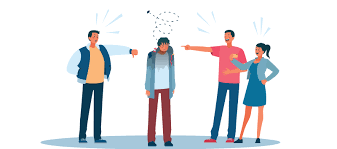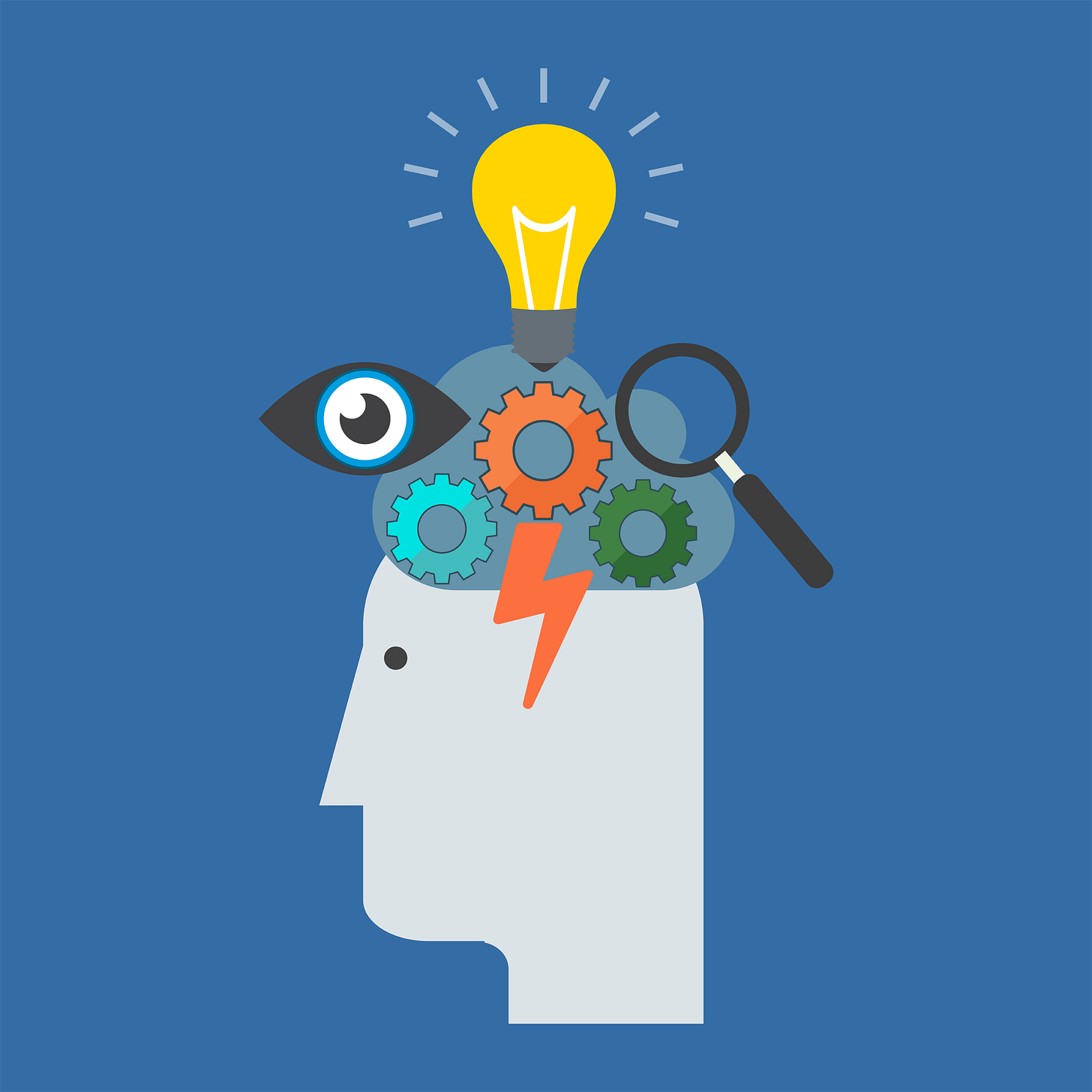In a world inundated with information and complexity, the human mind often finds itself susceptible to deception and manipulation. Despite our innate cognitive abilities and capacity for critical thinking, numerous studies in psychology and behavioral economics shed light on why it is remarkably easy for individuals to be fooled. From cognitive biases to social influence, a myriad of factors conspire to lead us astray, underscoring the profound intricacies of human behavior and decision-making.
One of the primary reasons why people are susceptible to being fooled is the prevalence of cognitive biases – systematic patterns of deviation from rationality that skew our judgment and decision-making processes. The pioneering work of psychologists Daniel Kahneman and Amos Tversky has illuminated the pervasive influence of these biases on human behavior. For instance, the confirmation bias predisposes individuals to seek out information that confirms their existing beliefs while ignoring contradictory evidence. This tendency can lead people to overlook dissenting opinions or alternative perspectives, making them vulnerable to misinformation and propaganda.
Moreover, the availability heuristic highlights how the ease with which information comes to mind influences our perceptions of probability and risk. When faced with complex or ambiguous situations, individuals often rely on readily available information, such as vivid anecdotes or recent events, to make judgments or decisions. This cognitive shortcut can distort our understanding of reality, leading us to overestimate the likelihood of rare events or underestimate the significance of more prevalent risks.
Social psychologists have also documented the powerful impact of social influence on human behavior, elucidating phenomena such as conformity, obedience and groupthink. Studies like Solomon Asch's conformity experiments and Stanley Milgram's obedience experiments demonstrate how individuals may relinquish their autonomy and conform to the beliefs or behaviors of others, even when it contradicts their own perceptions or values. This susceptibility to social pressure can make people susceptible to manipulation by charismatic leaders, persuasive advertising or peer pressure, leading them to adopt beliefs or behaviors that they would not endorse independently.
Furthermore, the phenomenon of cognitive dissonance – the psychological discomfort that arises from holding contradictory beliefs or attitudes – can drive individuals to rationalize or justify their decisions, even in the face of contradictory evidence. Psychologist Leon Festinger's seminal research on cognitive dissonance theory elucidates how people may distort reality or reinterpret information to alleviate this internal tension, often leading to self-deception or denial.
In addition to these cognitive and social factors, evolutionary psychologists argue that humans are predisposed to certain cognitive shortcuts or heuristics that were adaptive in ancestral environments but may lead to errors in modern contexts. For example, the hyper-vigilance to potential threats, known as the negativity bias, may cause individuals to overestimate risks or perceive patterns where none exist, fostering superstition or conspiracy theories.
Despite our best efforts to cultivate critical thinking skills and skepticism, the human mind remains vulnerable to manipulation and deception. Recognizing our cognitive limitations and biases is the first step toward mitigating their influence on our perceptions and decisions. By fostering a culture of intellectual humility, open-mindedness and fact-checking, we can inoculate ourselves against misinformation and cultivate a more discerning and resilient society.
The propensity to be fooled is a consequence of the intricate interplay between cognitive biases, social influence and evolutionary predispositions. While our cognitive architecture has evolved to navigate the complexities of the world, it is not immune to error or manipulation. By understanding the psychological mechanisms that underpin human behavior and decision-making, we can strive to overcome our cognitive vulnerabilities and navigate the information landscape with greater discernment and wisdom.
Happy April Fool’s Day.
Enjoy and Be Safe






